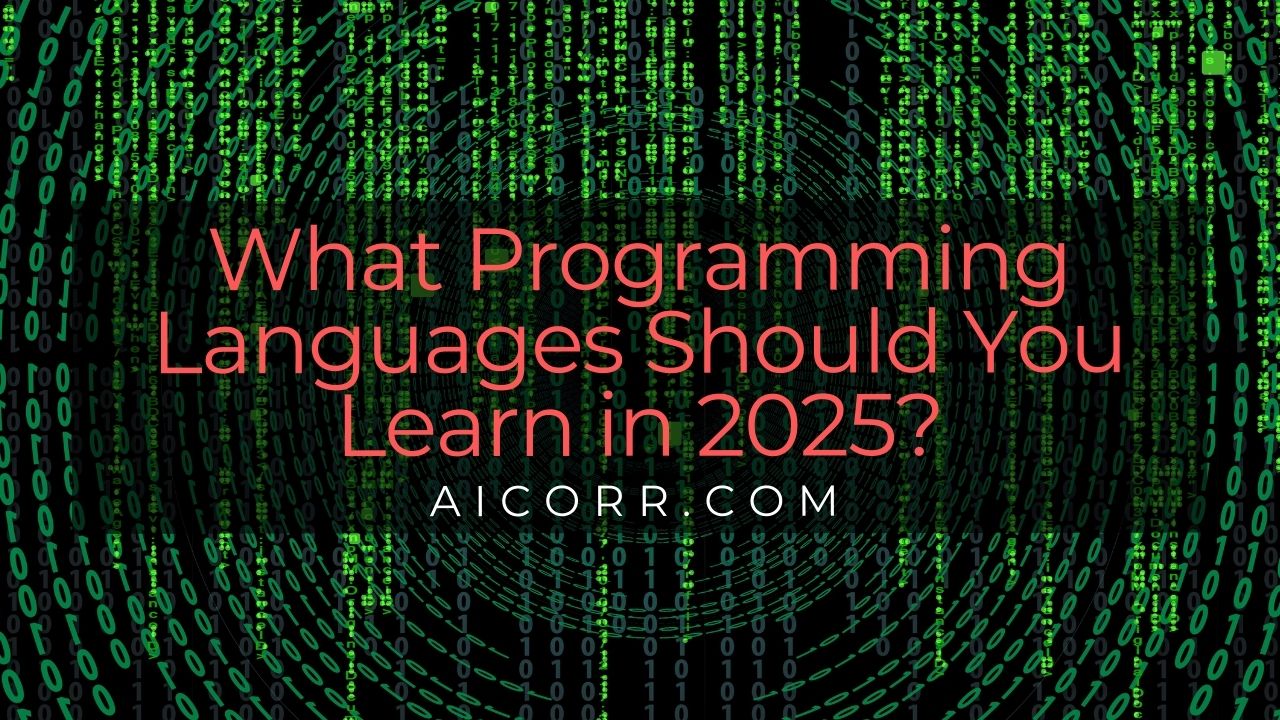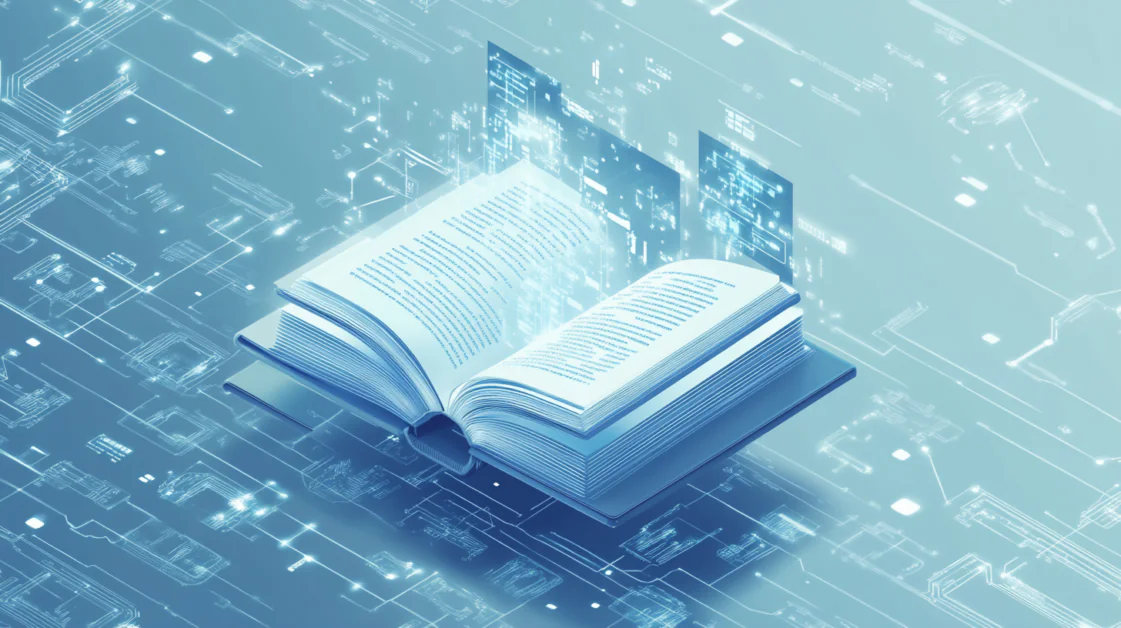AI Agents Unveiled at CES 2025: Implications for Software Engineering and the Job Market
AI Agents Unveiled at CES 2025: Implications for Software Engineering and the Job Market Date: January 18, 2025 The Consumer Electronics Show (CES) 2025 showcased a significant leap in artificial intelligence with the introduction of advanced AI agents. These agents are designed to perform tasks traditionally handled by humans, marking a pivotal moment in technology and its intersection with the workforce. AI Agents at CES 2025 At CES 2025, the concept of "Agentic AI" was prominently featured. Unlike generative AI, which focuses on creating content, Agentic AI comprises intelligent agents capable of assisting with tasks across various domains. These agents are not just tools but autonomous entities designed to interact dynamically with their environment, making decisions and learning from interactions. Impact on Software Engineering The integration of AI agents into software engineering is poised to transform the industry. These agents can automate repetitive and time-consuming tasks, such as code generation, debugging, and testing. By handling routine coding tasks, catching errors, and offering suggestions, AI frees up developers to tackle more complex challenges and focus on architectural decisions. However, while AI can assist in many areas, it currently lacks the nuanced understanding required for complex system design and the ability to resolve ambiguous requirements—key aspects of a software engineer's role. Therefore, rather than replacing software engineers, AI agents are expected to serve as collaborative tools that enhance human capabilities. This collaboration can lead to increased efficiency, allowing teams to bring products to market faster. Implications for the Job Market The rise of AI agents brings both opportunities and challenges to the job market: Job Displacement: Certain roles, especially those involving routine tasks, may be at risk. AI agents are designed to perform actual actions, potentially replacing roles in customer service and software development. Job Creation: New roles will emerge focusing on the development, maintenance, and oversight of AI systems. The demand for professionals skilled in AI ethics, policy-making, and system integration is expected to grow. Skill Evolution: There will be a significant shift in the skills required. Future software engineers will need to be competent in programming and possess soft skills such as problem-solving and interpersonal communication. The role of a software engineer is changing and will continue to evolve with AI-assisted software development. The Future Outlook The future of work will likely involve a synergistic relationship between humans and AI agents. By embracing AI and the role of AI engineers, companies can navigate the changing job market, optimize their operations, and unlock new opportunities. This collaboration can lead to a more efficient and innovative industry, where AI handles routine tasks, and humans focus on creative and strategic endeavors. In conclusion, the advancements showcased at CES 2025 highlight a transformative period in technology. While AI agents offer significant benefits, it is crucial to approach this evolution thoughtfully, ensuring that the integration of AI into the workforce is handled ethically and sustainably.

AI Agents Unveiled at CES 2025: Implications for Software Engineering and the Job Market
Date: January 18, 2025
The Consumer Electronics Show (CES) 2025 showcased a significant leap in artificial intelligence with the introduction of advanced AI agents. These agents are designed to perform tasks traditionally handled by humans, marking a pivotal moment in technology and its intersection with the workforce.
AI Agents at CES 2025
At CES 2025, the concept of "Agentic AI" was prominently featured. Unlike generative AI, which focuses on creating content, Agentic AI comprises intelligent agents capable of assisting with tasks across various domains. These agents are not just tools but autonomous entities designed to interact dynamically with their environment, making decisions and learning from interactions.
Impact on Software Engineering
The integration of AI agents into software engineering is poised to transform the industry. These agents can automate repetitive and time-consuming tasks, such as code generation, debugging, and testing. By handling routine coding tasks, catching errors, and offering suggestions, AI frees up developers to tackle more complex challenges and focus on architectural decisions.
However, while AI can assist in many areas, it currently lacks the nuanced understanding required for complex system design and the ability to resolve ambiguous requirements—key aspects of a software engineer's role. Therefore, rather than replacing software engineers, AI agents are expected to serve as collaborative tools that enhance human capabilities. This collaboration can lead to increased efficiency, allowing teams to bring products to market faster.
Implications for the Job Market
The rise of AI agents brings both opportunities and challenges to the job market:
Job Displacement: Certain roles, especially those involving routine tasks, may be at risk. AI agents are designed to perform actual actions, potentially replacing roles in customer service and software development.
Job Creation: New roles will emerge focusing on the development, maintenance, and oversight of AI systems. The demand for professionals skilled in AI ethics, policy-making, and system integration is expected to grow.
Skill Evolution: There will be a significant shift in the skills required. Future software engineers will need to be competent in programming and possess soft skills such as problem-solving and interpersonal communication. The role of a software engineer is changing and will continue to evolve with AI-assisted software development.
The Future Outlook
The future of work will likely involve a synergistic relationship between humans and AI agents. By embracing AI and the role of AI engineers, companies can navigate the changing job market, optimize their operations, and unlock new opportunities. This collaboration can lead to a more efficient and innovative industry, where AI handles routine tasks, and humans focus on creative and strategic endeavors.
In conclusion, the advancements showcased at CES 2025 highlight a transformative period in technology. While AI agents offer significant benefits, it is crucial to approach this evolution thoughtfully, ensuring that the integration of AI into the workforce is handled ethically and sustainably.



















